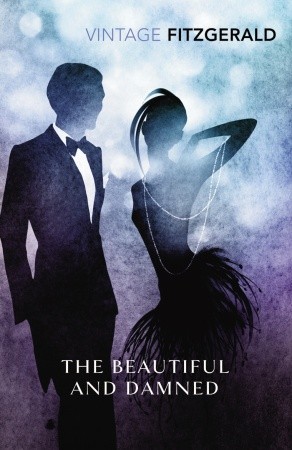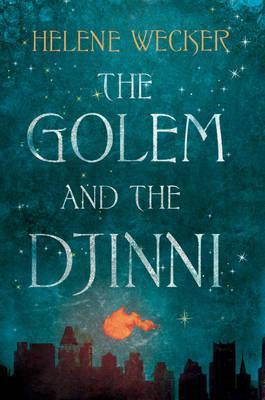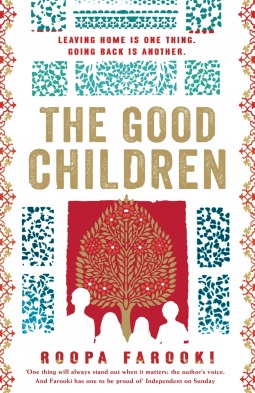"Things are sweeter when they're lost. I know - because once I wanted something and got it. It was the only thing I ever wanted badly. And when I got it, it turned to dust in my hands."
Anthony Patch is living off his grandfather's allowance in New York when he meets lively society girl, Gloria Gilbert. Once they marry, they quickly become known for their decadent lifestyle full of alcohol, constant partying and a refusal to settle down to adult life. At first, they are happy but when Anthony's money starts to run out, the cracks in their lifestyle and marriage begin to show.
Truly, I love Fitzgerald. No one writes misery and disillusionment better than him, and The Beautiful and Damned fits his themes perfectly. It's all there - the boredom that comes from not being productive, the reliance on alcohol as a crutch to get through the day, the shallowness of happiness that comes from constant partying, and the steady decline of a marriage. This is the third Fitzgerald novel I have read (the other two being The Great Gatsby and Tender is the Night), and I know that this semi-autobiographical style of writing can become repetitive, but Fitzgerald is just so good at it that it doesn't matter at all.
It goes without saying that the writing is beautiful. Fitzgerald particularly excels when he's writing about emotional conflicts, arguments or the consequences of them. He has a poetic way of putting across feelings, and he's remarkably perceptive about human nature. There's no attempt to varnish Anthony or Gloria, to make them more appealing than they are, and I loved that. Gloria is portrayed in all her shallow desire to remain beautiful at all costs, and Anthony's lethargy and passiveness (combined with an undeserved arrogance) are shown as key flaws.
However, The Beautiful and Damned is probably my least favourite of the three Fitzgerald novels I've read so far. It's still extremely good, but I feel like Gatsby had more polish and Tender is the Night had more emotional engagement. The trouble with Beautiful and Damned is not that the characters are unlikeable, which they most certainly are, but that I never really bought that they had strong feelings for each other. Tender is the Night is heart-breaking as the two central characters can't work it out despite loving each other, but Anthony and Gloria seemed to just fall into marriage and even their arguments seemed affected by their lethargy.
The Beautiful and the Damned isn't a book to pick up if you are after happily ever afters and characters you can root for, but it is a remarkably perceptive and beautifully written book. I've now finished all of the Fitzgeralds on my classics club list, but I'll definitely be adding more when I compile volume two.
Source: Personal copy
First Published: 1921
Edition Read: Vintage UK, 2010
Score: 4 out of 5
My full list of classics to read (and existing reviews) can be found
here.















